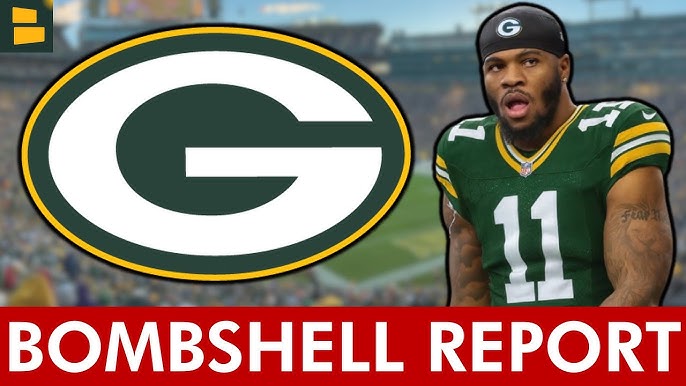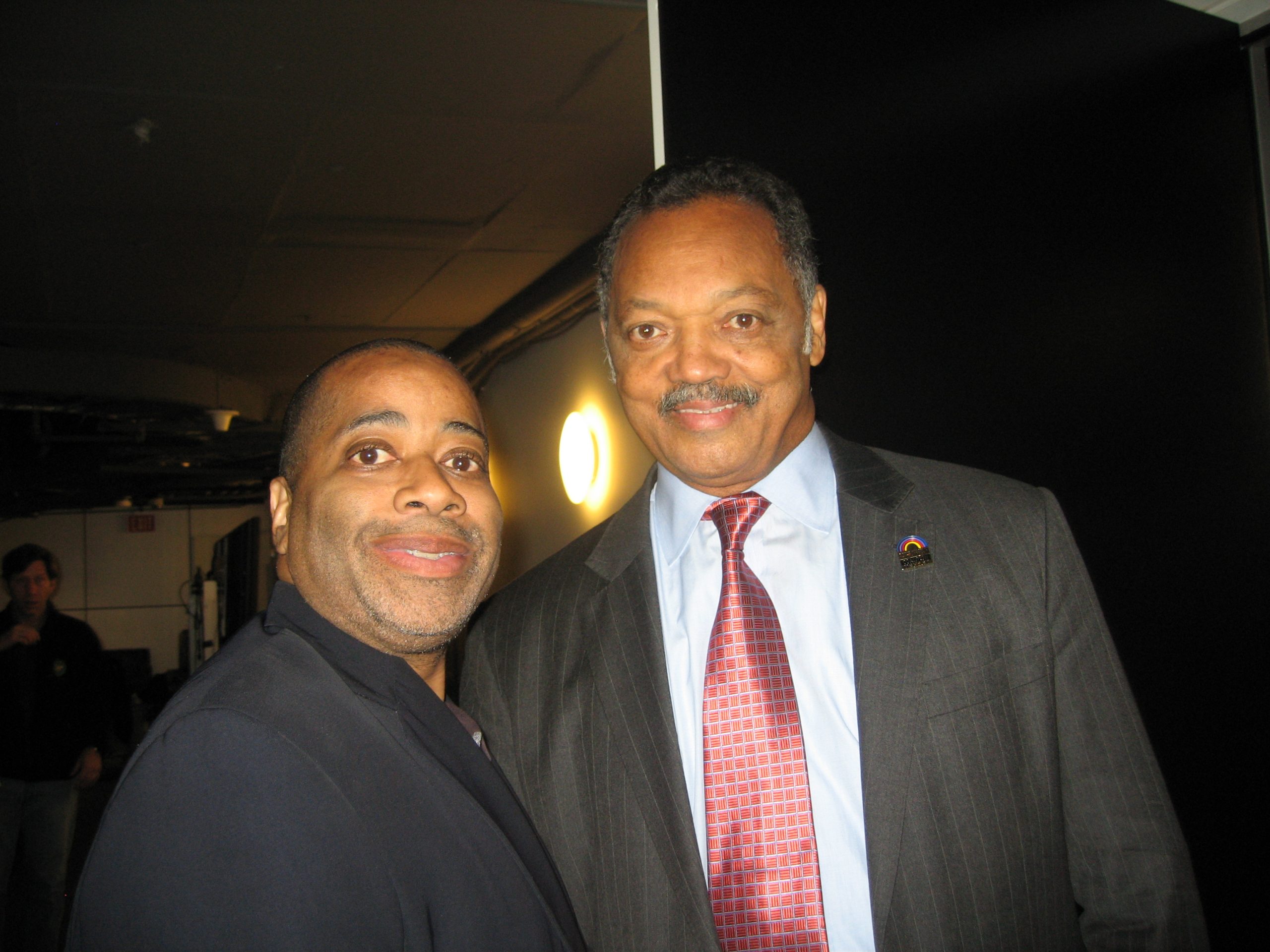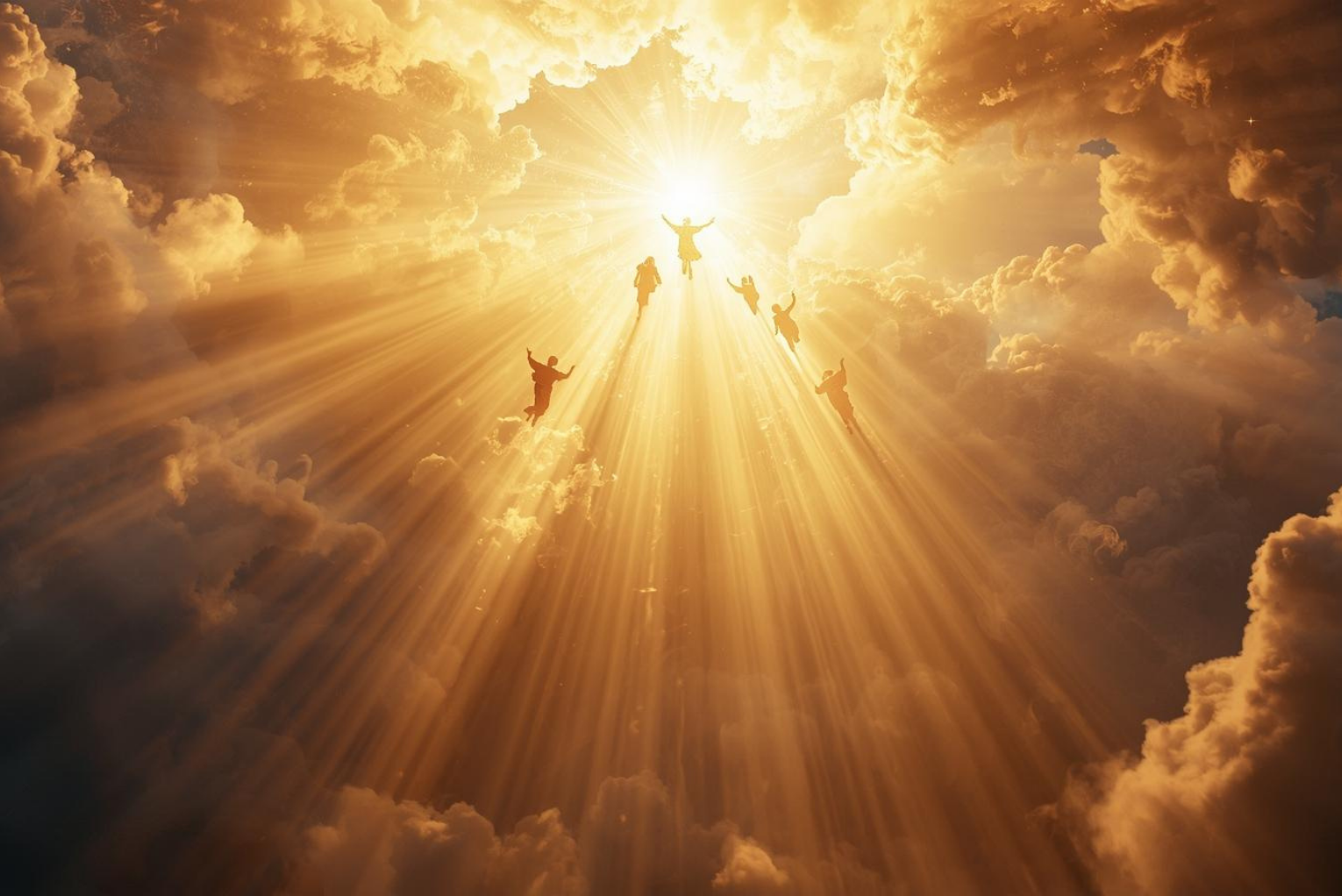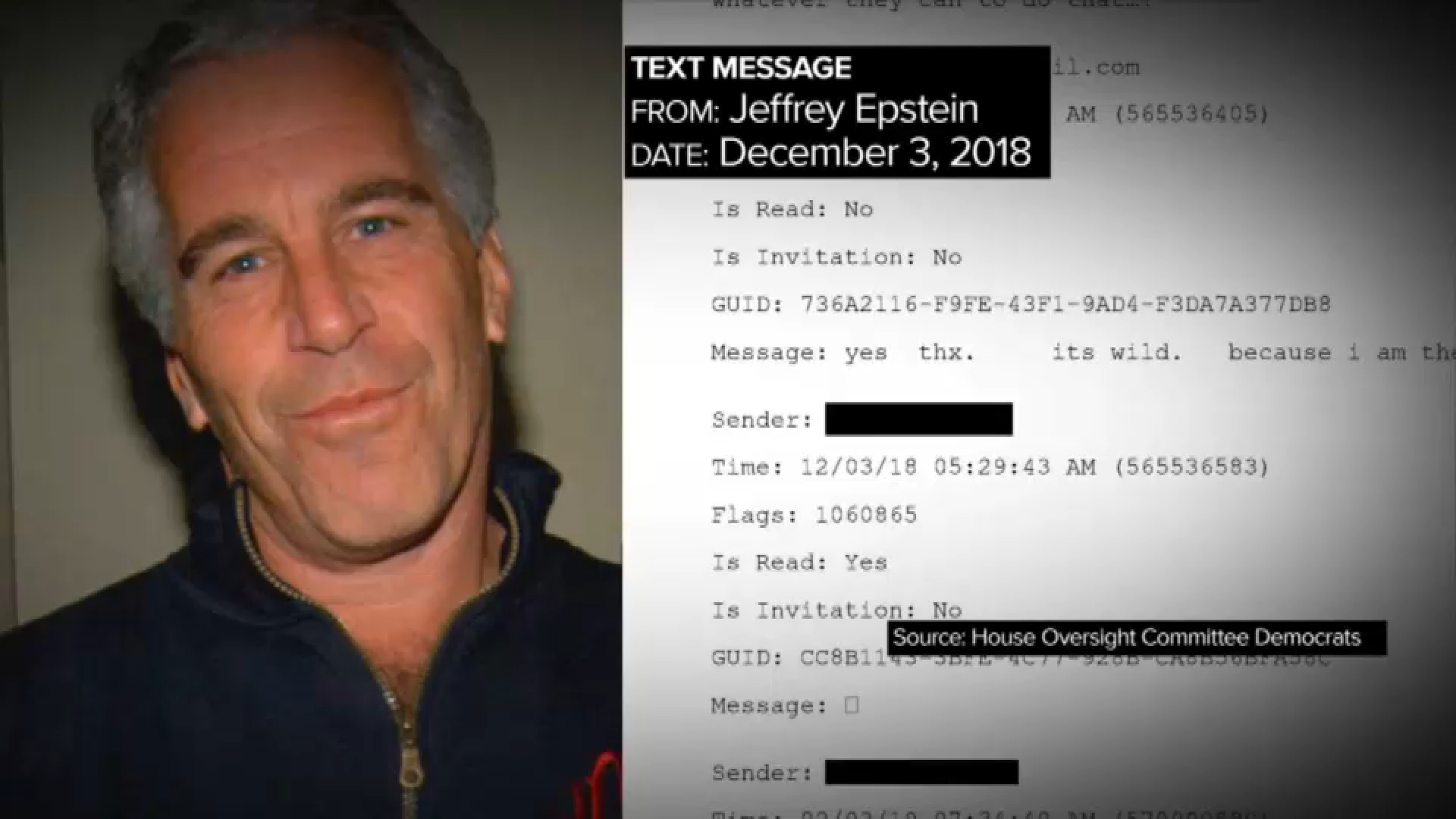(ThyBlackMan.com) Micah Parsons being traded to the Green Bay Packers is one of those rare NFL moments that will be talked about for decades. Every so often, a transaction comes along that not only shifts the fortunes of two franchises but also alters the competitive balance of the entire league. This is that kind of move. Dallas loses its most dynamic player, the anchor of its defense, and perhaps the one star capable of carrying them to long-awaited postseason glory. Green Bay, meanwhile, gains a generational talent who immediately turns them into one of the favorites to win the Super Bowl. For both teams, this trade is a line of demarcation—everything before it, and everything after it, will be remembered differently.

The impact of losing Micah Parsons for Dallas cannot be overstated. From the moment he entered the league in 2021, he wasn’t just another rookie—he was a force of nature. His first year saw him record 13 sacks, 84 tackles, and 30 quarterback hits, earning Defensive Rookie of the Year honors and instantly being compared to some of the greats. By his second season, he was already in Defensive Player of the Year conversations, a rare feat for someone so young. He had the speed of a safety, the instincts of a linebacker, and the explosiveness of an elite edge rusher. Dallas hadn’t seen a player like him since the days of DeMarcus Ware, and in many ways, Parsons surpassed even that level of dominance. Losing him isn’t just losing production—it’s losing the one player every opponent feared when facing the Cowboys.
For Dallas, this hurts in three major ways: schematically, emotionally, and reputationally. Schematically, their entire defensive philosophy had been built around Parsons’ versatility. Defensive coordinator Dan Quinn used him as a chess piece, moving him around the formation, lining him up on either edge, blitzing through the middle, or even dropping him into coverage. Without him, the defense becomes far more predictable. Opposing offenses no longer have to dedicate two blockers to stop one man. Quarterbacks will have more time in the pocket. Running backs will face fewer disruptive plays in the backfield. Parsons made the Cowboys’ defense greater than the sum of its parts, and now the sum shrinks dramatically.
Emotionally, Parsons was the heartbeat of the Cowboys. His relentless energy, his trash talk, and his competitive fire gave Dallas an edge. He wasn’t just respected—he was feared. Teammates fed off his intensity, and fans rallied behind his passion. Without him, the Cowboys risk losing that intangible spark that often separates good teams from great ones. It’s not just about what he did statistically—it’s about the belief he inspired. Players like Parsons are rare precisely because they elevate everyone else around them. That leadership can’t be replaced overnight.
Reputationally, this trade damages the Cowboys’ standing in the league. For decades, Dallas has branded itself as “America’s Team,” a franchise synonymous with star power and championship aspirations. Trading away Parsons in his prime raises questions about their direction. Are they truly committed to building a Super Bowl contender, or are they once again mismanaging talent in ways that have defined much of their post-1990s era? Jerry Jones, always a polarizing figure, will be criticized relentlessly. For a fan base that has endured nearly three decades without a Super Bowl appearance, this feels like betrayal. Losing is one thing, but losing a generational player because of management decisions is far harder to stomach.
Green Bay, on the other hand, finds itself in an enviable position. Parsons is not just a great player—he is the kind of player who transforms a franchise’s identity. The Packers have long been known for their quarterback-driven success, from Bart Starr to Brett Favre to Aaron Rodgers. But in the post-Rodgers era, with Jordan Love now leading the offense, the team needed a new face, a new anchor. Parsons provides that. For the first time in decades, Green Bay’s calling card could be its defense rather than its quarterback. That’s how seismic this move is.
Looking at the Packers’ current roster, Parsons fits perfectly. Rashan Gary is one of the league’s most underrated edge rushers, Kenny Clark provides interior dominance, and Jaire Alexander is among the NFL’s elite corners. Add Parsons to that mix, and you suddenly have the makings of the most feared defense in football. Defensive coordinator Joe Barry now has the freedom to unleash creative blitz packages, disguise coverages, and create mismatches that offenses will struggle to solve. Parsons’ ability to line up anywhere means Green Bay can tailor its game plan to any opponent. Facing a mobile quarterback? Parsons can spy him. Facing a pass-heavy attack? Parsons can rush the passer all game long. Facing a power run team? Parsons’ sideline-to-sideline speed ensures containment. There isn’t an offensive scheme in the NFL that won’t be affected by his presence.
The ripple effects extend to Jordan Love and the offense as well. For a young quarterback still developing, having a defense capable of dominating games is invaluable. Love won’t need to throw for 300 yards and three touchdowns every week. Instead, he can manage games, lean on a running attack led by Aaron Jones and A.J. Dillon, and pick his spots with receivers like Christian Watson and Romeo Doubs. In other words, Parsons indirectly accelerates Love’s growth by reducing the pressure on him to carry the team. That balance between offense and defense is what wins championships, and Green Bay now has it.
This isn’t the first time an elite defensive player has been traded in his prime, and history shows just how impactful such moves can be. Think back to Khalil Mack being traded to the Chicago Bears in 2018. Mack instantly turned the Bears into one of the league’s best defenses and helped them win the NFC North. Consider Deion Sanders joining the 49ers in 1994—his presence in the secondary was the missing piece that propelled San Francisco to a Super Bowl. Even going further back, Charles Haley’s trade from San Francisco to Dallas in the 1990s gave the Cowboys the pass-rushing dominance they needed to win three Super Bowls. Parsons could have that same kind of impact in Green Bay, perhaps even greater.
For the Cowboys, the comparisons are less flattering. Losing Parsons recalls moments when franchises let go of great players and paid the price. The Raiders trading Mack led to years of defensive mediocrity. The Giants losing Lawrence Taylor’s prime years to poor management wasted one of the greatest talents in history. Dallas risks joining that list of mismanaged legends. Unless they hit on multiple draft picks or find another transcendent talent—which is unlikely—they will struggle to replace what Parsons brought.
Beyond the Xs and Os, the narrative implications are massive. The NFL thrives on storylines, and this one writes itself. Dallas, long criticized for being all talk and no results, loses its star. Green Bay, often seen as conservative and methodical, makes a bold move that redefines its trajectory. Every Cowboys-Packers game going forward becomes must-watch television. Cowboys fans will watch with bitterness as Parsons wrecks opposing offenses in green and gold, while Packers fans will celebrate him as the missing piece. The national media will feast on it, and rightfully so—it’s the kind of storyline that elevates regular season games into national events.
For the Packers, this trade doesn’t just make them contenders—it makes them favorites. In the NFC, the San Francisco 49ers and Philadelphia Eagles have been seen as the gold standard. But with Parsons, Green Bay can match both teams’ strengths. Against San Francisco’s creative offense, Parsons’ versatility is the perfect counter. Against Philadelphia’s physicality, Parsons’ relentless motor gives the Packers the edge. Even against AFC powerhouses like the Kansas City Chiefs or Buffalo Bills, Parsons provides the kind of defensive equalizer that can swing Super Bowls. Championship football is about moments, and Parsons creates them. Whether it’s a strip sack, a key third-down stop, or a game-clinching pressure, he is the player who delivers when it matters most.
Cowboys fans will inevitably ask the hardest question: why? Why trade a player like Parsons at all? The answers will be debated endlessly. Salary cap concerns may have played a role—Parsons was due for a massive extension, one that could have redefined the linebacker/edge rusher market. Perhaps internal friction existed, or the Cowboys believed they couldn’t build a balanced roster around him. But none of those reasons will satisfy fans who saw Parsons as the franchise’s future. The truth is simple: you don’t trade players like Micah Parsons. You build around them. Dallas’ failure to do so will haunt them for years.
The reactions are already telling. Cowboys players, particularly those on defense, reportedly feel betrayed. They believed they were building something special, only to see their cornerstone ripped away. Packers players, meanwhile, are ecstatic. Having a talent like Parsons walk into the locker room boosts morale and belief overnight. Fans reflect that same split: outrage and despair in Dallas, jubilation in Green Bay. Analysts will spend months dissecting the trade, but the early verdict is clear—this is a win for Green Bay and a disaster for Dallas.
If there is one silver lining for Dallas, it’s that the NFL is unpredictable. Draft picks, if used wisely, can reshape rosters. Teams have bounced back from losing stars before. But history suggests otherwise: elite defensive players of Parsons’ caliber rarely come along, and losing one is almost always a step backward. Dallas can try to reframe it however they like, but the reality is plain—they are worse today than they were yesterday.
For Green Bay, the opposite is true. They wake up today with a new identity, a new leader, and a new trajectory. They are no longer a team on the rise—they are a team ready to win now. Lambeau Field in January, already one of the toughest places for opponents, just became even more intimidating. With Parsons leading the defense and Jordan Love developing steadily, the Packers have positioned themselves for another era of success. The Lombardi Trophy, named for their legendary coach, suddenly feels within reach again.
When the history of this era of football is written, this trade will stand out. Much like the Herschel Walker trade reshaped the Cowboys in the 1990s or how Randy Moss’ move to New England revived his career and the Patriots’ dominance, the Parsons-to-Green Bay trade will be remembered as a turning point. For the Cowboys, it will be a cautionary tale of squandered opportunity. For the Packers, it may very well be remembered as the bold move that delivered another championship.
And that is the ultimate truth of this blockbuster: in one stunning decision, Dallas’ Super Bowl hopes were diminished, and Green Bay’s were reborn. Micah Parsons, once the Cowboys’ savior, now wears green and gold, and in doing so, he changes the destiny of two of football’s most storied franchises. The Cowboys are left searching for answers, while the Packers can start planning their parade route.
Staff Writer; Terry James

















Leave a Reply